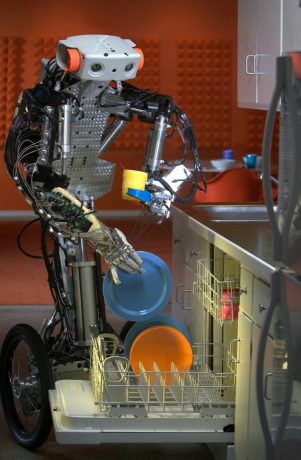
The only relevant point that needs to be highlighted as far as the circus surrounding Transport Network Vehicle Services (TNVS) like Uber and Grab is this: The only Filipinos who could really afford these services on routine bases are people who, themselves, could afford to own and drive private cars.
A trip in an Uber service costs at least five times that of a conventionally-hailed taxi service. Furthermore, almost full-time access to the Internet using a mid- to high-end mobile device is required to consistently avail of the service point-to-point. In short, the whole “debate” surrounding the fate of Uber and Grab is essentially an elitist debate akin to the chatter surrounding the “outrage” over cell sites put up in exclusive residential enclaves and Starbucks lattes not being served at the “right” temperature.
TNVS services are fundamentally no different to jeepneys, tricycles, and pedicabs. They just cost more and make use of more expensive means to hail and stop drivers. Neither conventional PUVs nor TNVS can really be considered true public services as both inconvenience sectors of society who are not either’s patrons. PUVs, for their part, turn Philippine roads into monstrous hellholes for private motorists and pedestrians (and are hazards even to their own patrons). TNVS services, on the other hand, further add to the proliferation of private vehicles that provide non-mass-transit “public” transport. Both PUVs and TNVSs contribute virtually the same problem to Philippine public transport in general in that both are competitive private enterprises rather than true public mass transit systems that are coherent at a macro level and truly egalitarian in the level of service made available to the public.
Like jeepneys and tricycles, the TNVS industry in the Philippines will eventually suffer a fate called the “Lechon Manok Syndrome”. As thousands of unimaginative Filipino entrepreneurs jump into what they perceive to be the “easy money” bandwagon of operating TNVS services, the Law of Supply and Demand will eventually rear its ugly head as the easily-foreseen oversupply of TNVS vehicles crushes prices. A downward spiral in prices will likely turn TNVS drivers into the same monster drivers that jeepney and tricycle drivers are today — virtually clambering over one another for increasingly limited passengers.
Like the short-term “win” that jeepneys represented in the 1940s, TNVS are a short-term stopgap “convenience” for the latte-sipping classes. And like the jeepney, the TNVS industry does not provide a promising future for Filipino public transport infrastructure.
Seen under this light, the statement recently issued by Uber on the matter of a suspension of TNVS applications to operate comes across as quite hollow…
We ask the LTFRB to maintain the spirit of Department Order No. 2015-011 that was meant to promote innovation, reliability, and consumer choice in mobility so that we can all help solve the problem of traffic congestion together […]

As usual Filipinos are focusing on all the wrong arguments. If all the loud voices emanating from these social media “influencers” were, instead, directed towards expressing concerted outrage over the banal impunity with which drivers of all road-based public vehicles — whether conventional PUVs or “modern” TNVS services — flout basic road rules, they would be addressing the true root problem of why Metro Manila has become the embarrassing human cesspool that it is today.
These things need to be thought through carefully. Filipinos and their politicians should not be easily seduced by the gleaming cosmetic “trendiness” of TNVS services. They are, in essence, automated versions of flawed operating models. If the same thinking were applied to automating washing clothes or dishes, we’d have designs for million-dollar humanoid robots hunched over washing basins gathering dust on drawing boards rather than the efficient 300-dollar mass-produced machines in our homes today.

No comments:
Post a Comment